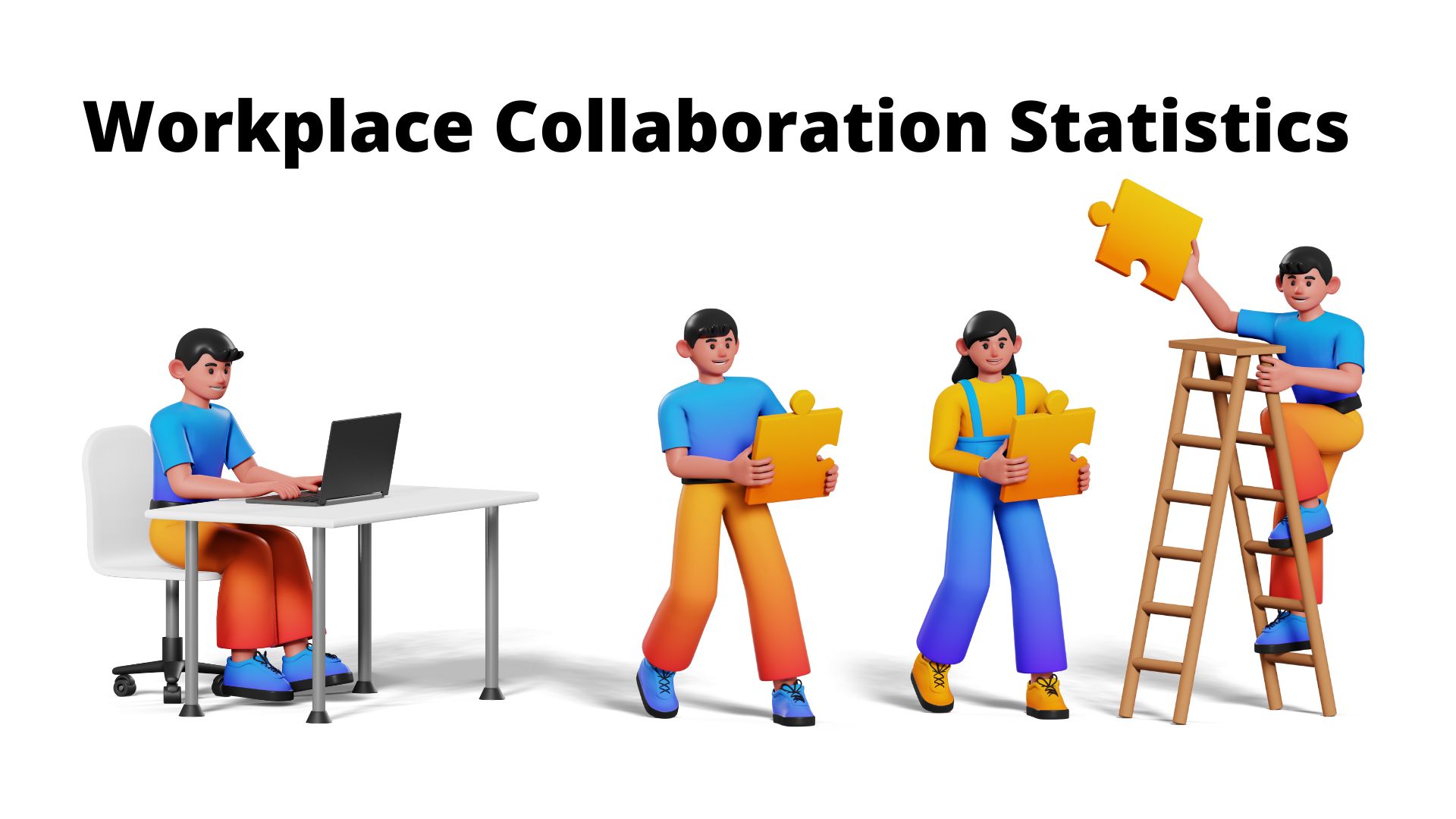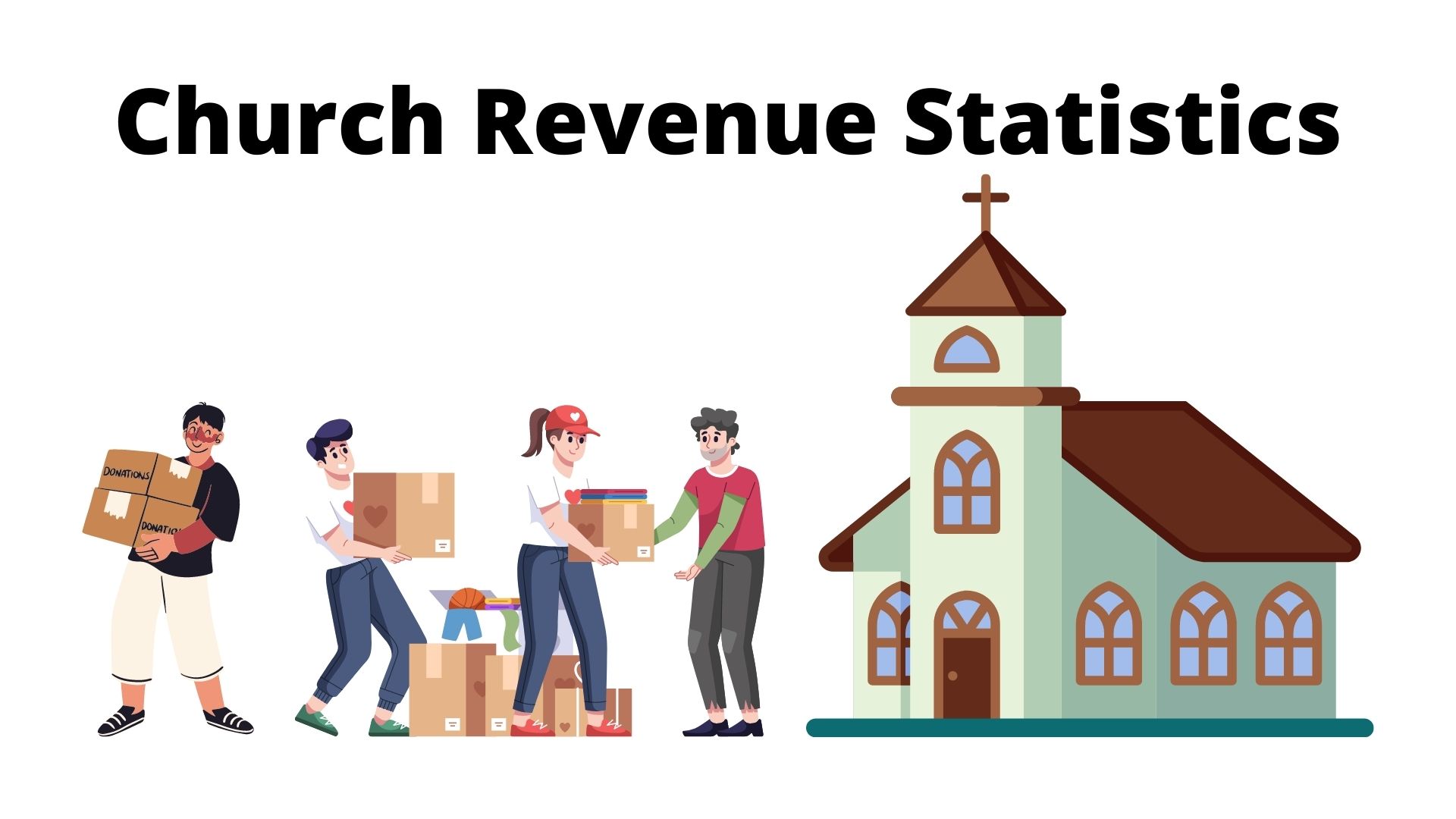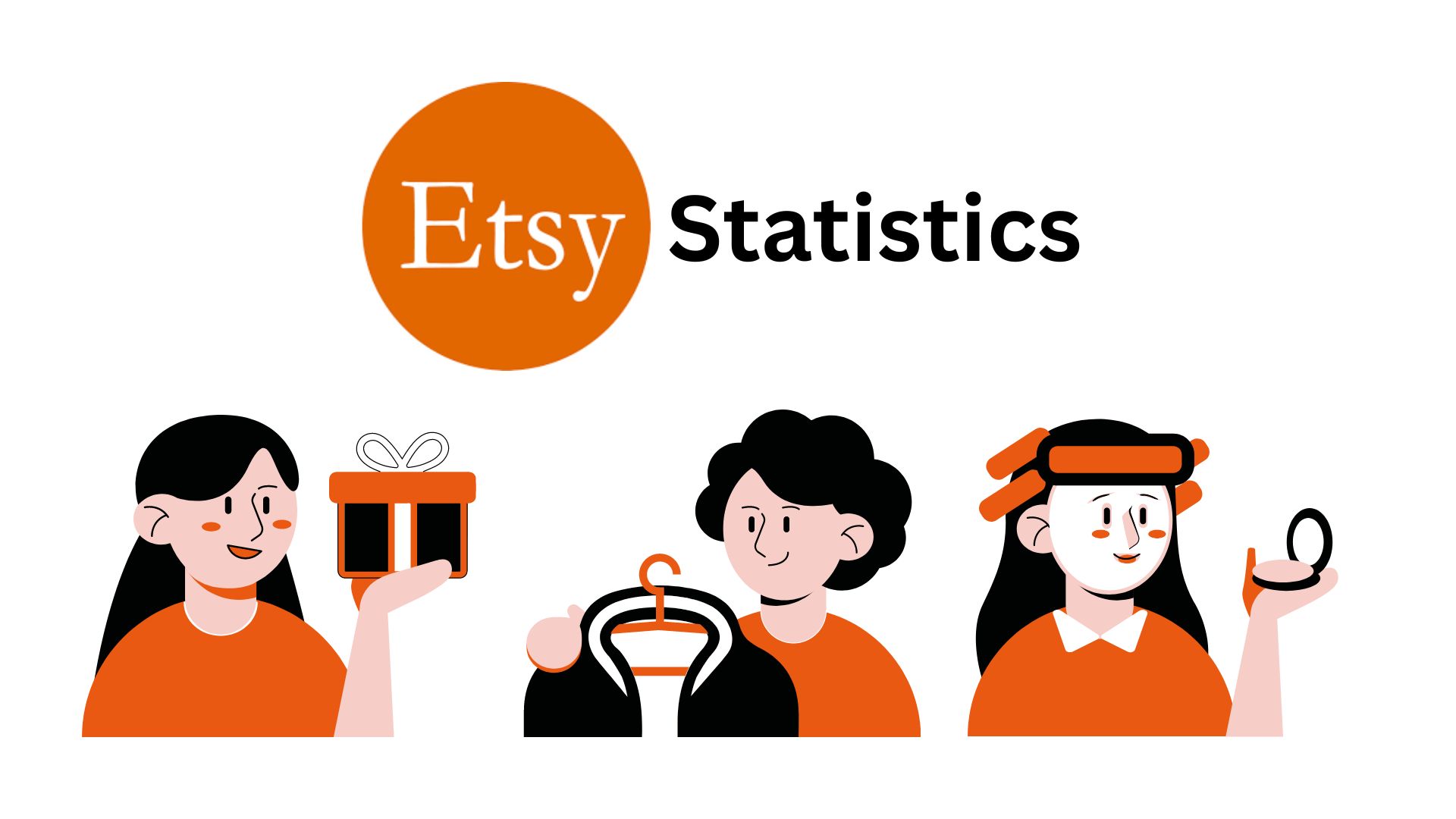Closing Arguments Expected in Oracle Trial
A federal judge is expected to hear closing arguments Tuesday in the government's antitrust case against Oracle .
District Judge Vaughn Walker is considering a U.S. Department of Justice request to block Oracle's $7.7 billion unsolicited bid for PeopleSoft . The government spent four weeks trying to prove that the deal would limit choice and create uncertainty in the enterprise resource planning (ERP) market.
Oracle's lawyers called several witnesses, including CEO Larry Ellison, to
argue that the government's ERP definition is too narrow and must be widened
to include Microsoft and IBM, as well as Fidelity and Ceridian.
After some 40 witnesses testified and more than 360 court filings with close to
2,000 documents of evidence submitted, Judge Walker may hold off with a
decision until at least August. Even as late as last week, the judge asked
both sides to clarify their positions and market definitions.
“The coordinated effects analysis would appear to afford the court
relatively little guidance in assessing the effects of the proposed merger,”
Walker said in his July 12 filing. “A unilateral effects analysis thus seems
more appropriate on the facts of the present case. The parties have cited,
and the court is aware of, only a handful of cases considering unilateral
effects theories. The Horizontal Merger Guidelines adopt a specific
structural approach to addressing unilateral effects claims. This approach
is one of several and appears to have received substantial criticism from
antitrust scholars and little, if any, exposure in the crucible of
litigation.”
Gary Reback, a well-known Silicon Valley attorney who specializes in
antitrust litigation and counseling has been blogging the court proceedings
for PeopleSoft investors. His take is that Oracle's experts contradicted
each other, its CEO Ellison was in conflict with the trial position of the
company, and Oracle's efficiency study “lacked a verifiable methodology.”
“Overall, Oracle appeared by the end of the trial to concede that the
proposed acquisition would produce untoward concentration in the relevant
markets, but its experts urged the court to simply ignore those inconvenient
facts. Oracle claimed that new technology would change the status quo.
Oracle's case consisted largely of vague speculation and, by the end of the
trial, I believe that everyone knew this,” he wrote.
Ken Marlin, managing partner of New York-based Marlin & Associates, a
mergers and acquisitions investment bank focused on media and technology, said he remains confident that Oracle would succeed in its move to snatch
PeopleSoft from its hearty position in the lucrative market.
“We believe that Oracle did a credible job in court showing that there is
real competition in the industry and that the government has chosen an
unreasonably narrow definition of the market – ignoring IBM, Microsoft and
makers of specialty software such as Lawson,” Marlin told
internetnews.com. “More interesting to us, is the fact that
PeopleSoft announced that net income declined to 3 cents to 5 cents a share
from 11 cents a year earlier. And that Sales at $665 million, were well
below the company's forecast of at least $675 million. Once the judge rules
in Oracle's favor, the PeopleSoft board would be smart to take Oracle's
offer, while it is still good.”
PeopleSoft is expected to file its second quarter earnings statement on
July 27. The company warned investors earlier this month that it would not
make its original target earnings, instead blaming uncertainty wOracle for its woes.
PeopleSoft stock fell on the news but has since recovered.
Oracle ended trading Monday at $10.33 per share. The company's stock
price is at its lowest point since it announced the merger a year ago.
The trial is also costing both firms in legal fees. SEC documents suggest
Oracle and PeopleSoft have spent close to $60 million each on the case. A
point made by Oracle CEO Larry Ellison, who characterized a failure to take
over PeopleSoft as a “very bad mistake.”
Even if the Judge smiles on Oracle's takeover plans for PeopleSoft, the
deal still faces many hurdles, including PeopleSoft's civil trial scheduled
for November, the company's shareholder rights “poison pill,” its Customer
Assurance Program, and a potential antitrust challenge from the European
Union.

Michael Singer is a career coach, podcast host, and author to help you step into a career you're excited about. Currently, He is a coach and trainer helping entrepreneurs and executives achieve business and leadership success. He is also an award-winning business journalist focused on the intersection of technology, Big Data, Cloud, SaaS, SAP, and other trending technology.


